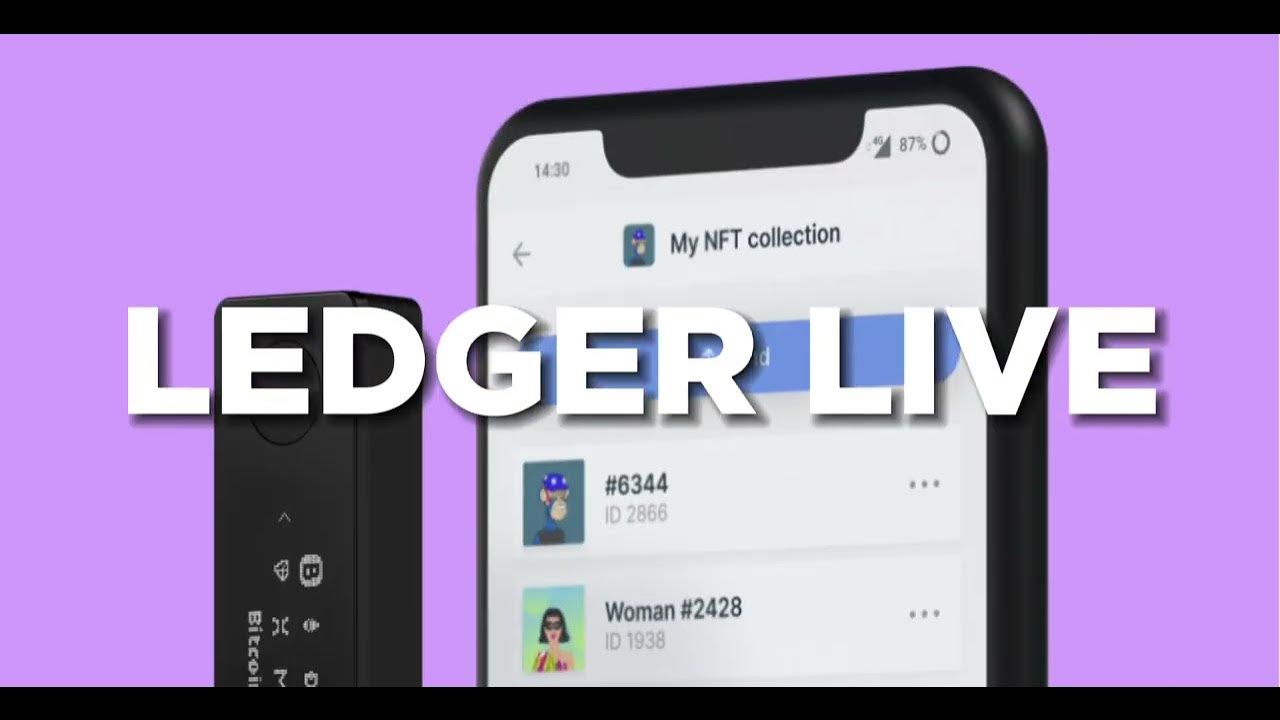
How to Backup and Restore Your Hard Wallet
In the world of cryptocurrency security is a must. As digital assets become more valuable and sophisticated, safeguarding your investment is essential. One of the best ways to safeguard your crypto assets is to use the hard wallet .But what exactly is an actual hard wallet and why do you need to think about having one? Here’s all you need to be aware of.
What is a Hard Wallet?
A hard wallet, sometimes referred to as a hardware wallet, is a physical gadget that is designed to protect the cryptocurrency private keys offline. In contrast to software wallets that are software or applications that run on your computer or smartphone they store your private keys in a secure, isolated environment. They are less prone to malware, hacking and other cyber-attacks.
How Does a Hard Wallet Work?
Ledger Nano Coin Transfer (렛저나노 코인 전송) function by creating and keeping key private information offline. If you are looking to conduct a transaction it is necessary to connect the wallet to your laptop or mobile device via USB or Bluetooth. The details of the transaction are transmitted to the wallet that then confirms the transaction with security. The transaction that is signed is then sent back to your PC, which broadcasts it to the cryptocurrency network. Since your private keys are never leave your hard-drive wallet, they remain protected from cyber-attacks.
Types of Hard Wallets
There are a variety of wallets that are available in hard form, each with its own characteristics and advantages. The most popular brands include Ledger, Trezor, and KeepKey. They differ in regards to safety features, user interfaces and supported cryptocurrency. When choosing a hard wallet take into consideration factors such as the ease of use as well as compatibility with the most popular cryptocurrencies, and the reputation of the brand.
Why Use a Hard Wallet?
The main reason for using an electronic wallet is to protect yourself. Since these devices store private keys offline, they aren’t vulnerable to hacking attempts on the internet or malware. In addition, many hard wallets include extra security features, such as PIN codes or recovery seed phrases and two-factor authentication, adding additional layers of security.
Another benefit is control. Hard wallets allow you to retain full security over the private keys you use, reducing reliance on third-party services and the associated risks.
Setting Up and Using a Hard Wallet
Setting up a hard wallet is typically straightforward. It starts by registering the device, establishing a PIN, and note down your recovery phrase. This is essential to recover your wallet in case it’s lost or damaged. Once set up, you can transfer your cryptocurrency to the hard wallet and start managing them safely.
Conclusion
Hard wallets are an important tool for anyone who is serious regarding cryptocurrency security. They offer a high security against online threats and offer total access to your online assets. Whether you’re a seasoned investor or just starting out in the crypto world investing in a physical wallet is an excellent option to keep your investments safe and safe.